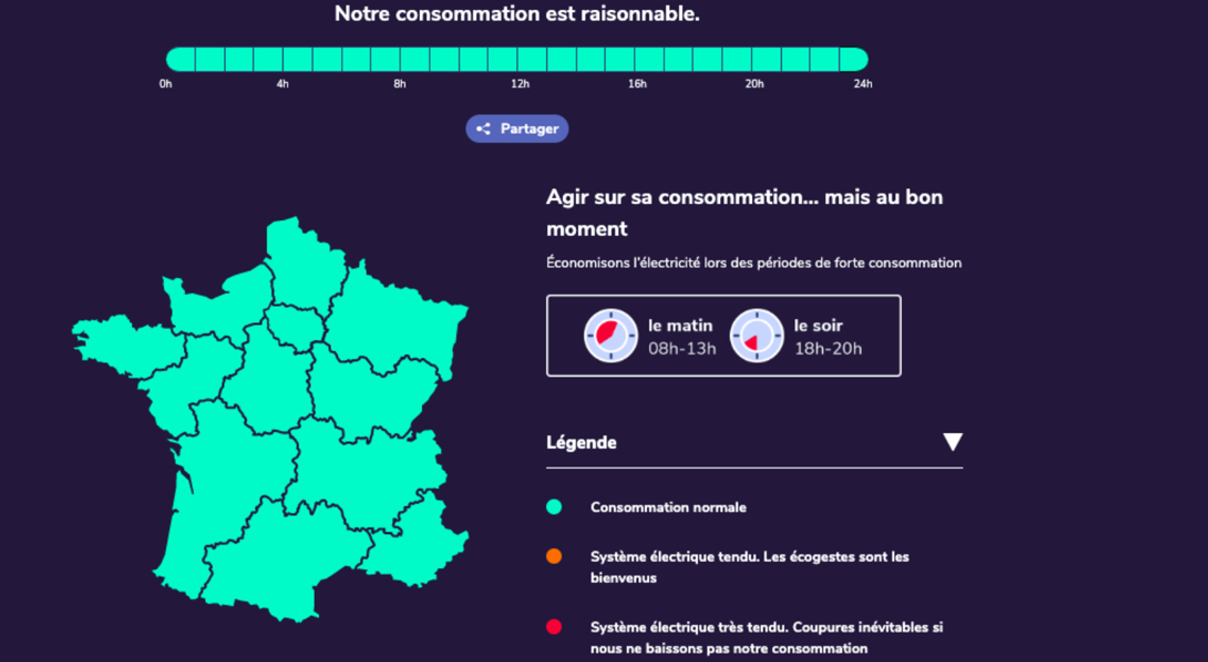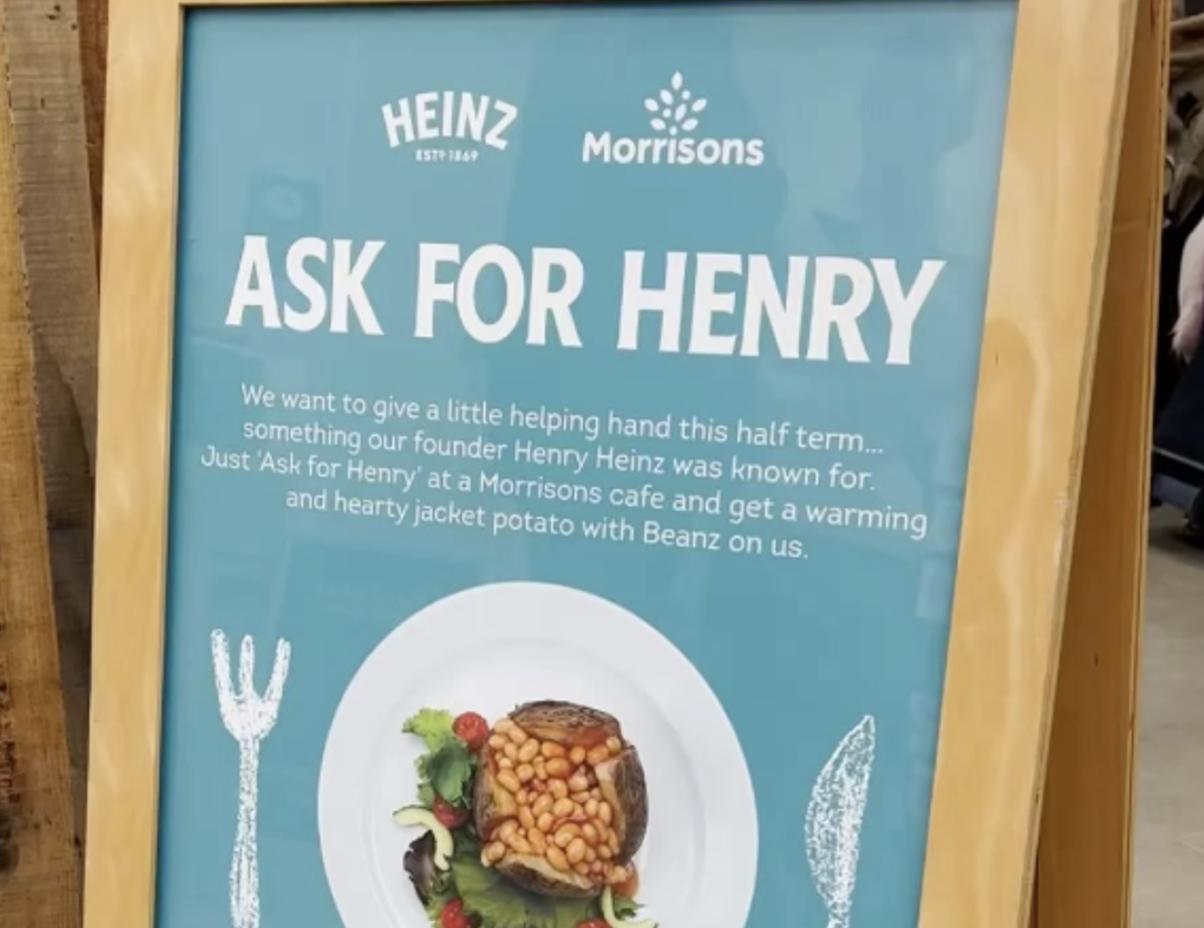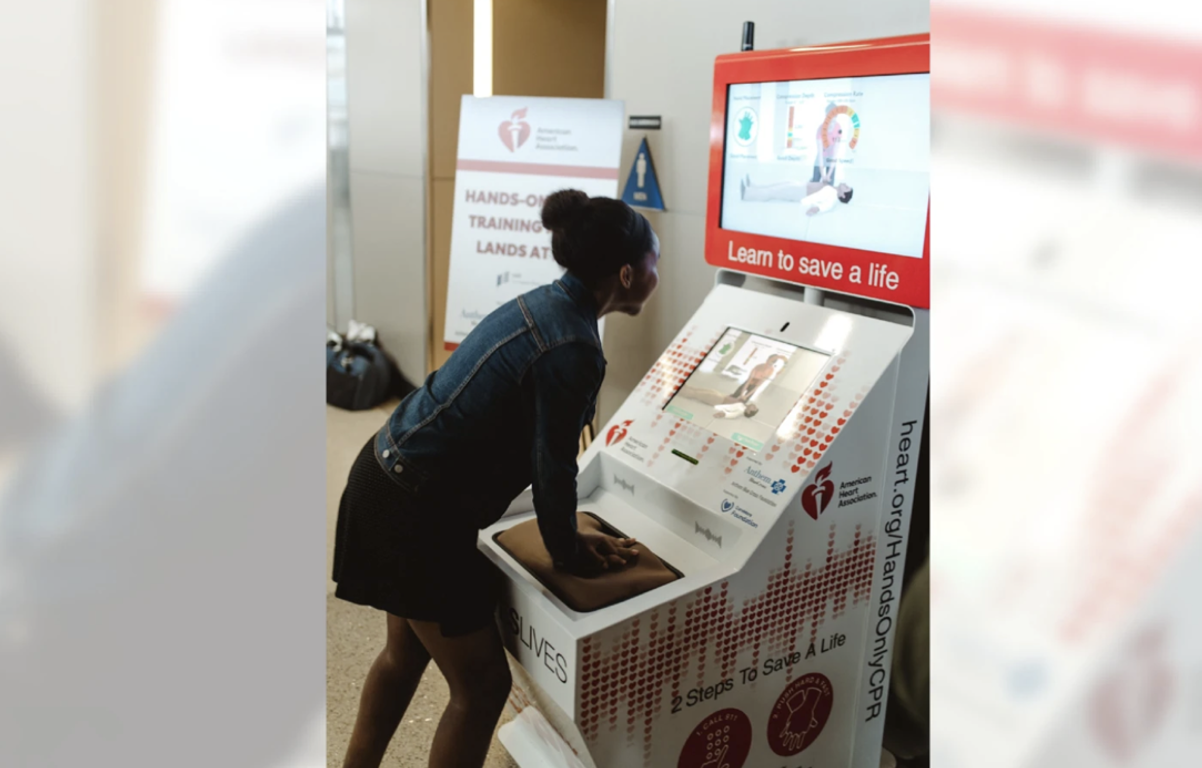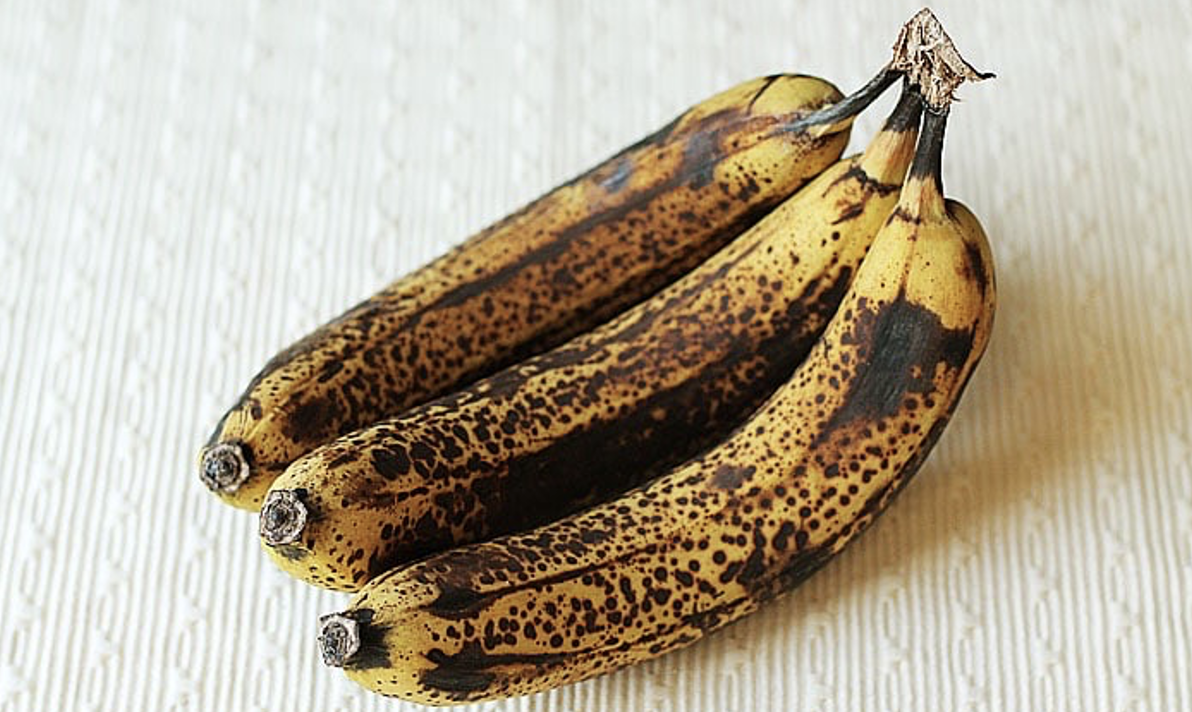(List # 73) Behaviour Change Through Campus Activities
5 innovative examples of how you can use your campus to engage students in sustainability.

While operations may not be part of your job description, what is happening on your campus impacts the way your students learn and approach sustainability in their work and personal lives. There is a lot of innovation happening in how to make sustainability a part of daily life that could be applied to your campus. Here are five examples that I found today.

1.BUILDING WITH WASTE
The Design Museum Gent in Belgium is building a new wing using a waste based brick designed by the museum's architects. The Gent Waste Brick is made of local waste materials including concrete and glass, that have been crushed into a coarse powder. The mixture was then pressed into bricks and cured instead of fired. The lime added to the bricks as a binding agent, captures CO2 from the atmosphere, sequestering carbon for as long as the bricks remain intact. The entire process is taking place within the city centre.
+What kind of material is your new building made out of?

2.ELECTRICITY REPORTS
France's main television stations are now including energy forecasts as part of their daily weather reports. The data is produced by Ecowatt and uses traffic light colours to indicate the current state of the grid. Green means the grid is normal with no problems, orange is strained and red very strained with a risk of power cuts. The predictions are based on predicted temperatures, technical issues, wind and sun available for renewables and levels of electricity imports. Although consumers could previously opt to receive this information by email, having it as part of televised weather reports normalises this information and increases awareness about energy use. So, if the report is orange, you might consider turning down the heating or postponing a load of laundry in the same way as you could bring an umbrella with you if the weather indicated there was a chance of rain.
+Could you create similar energy reports for your campus as a way of influencing student and staff behaviours at school/work?

3.CAFETERIA FOOD
In the UK, Heinz has partnered with supermarket chain Morrisons to help feed those that are feeling the increase cost of living. Anyone can drop in for a free meal of baked potatoes filled with Heinz beans in tomato sauce. What is interesting is that in order to avoid the stigma of asking for a free meal, those in need just need to ask for ‘Henry’ at the café counter and with this secret word will be delivered their free meal. I wouldn't say it is so secret since there are posters around the restaurant explaining the programme, but this would be an interesting initiative to start on campus with students in need (not necessarily with Heinz).

4.AWARENESS IN ACTION
Walking through Los Angeles International Airport last week I noticed a series of CPR training kiosks spread out across the airport. The American Heart Association put in place these hands on training kiosks to help train passengers in CPR. It only takes five minutes and was really effective (and popular! It took me a while to find a free kiosk). Interestingly, most of those doing the training that I noticed were all in their 20s. I loved this approach because it gets straight to the point. Rather than simply encouraging individuals to get CPR trained, it promotes CPR training and gives you basic training in the same step, and in a place where a lot of people pass and a lot of people have time to spare.
+ Could kiosks like this be made available on campus? What else could we set up kiosks for on campus?

5.TRANSFORMING FOOD WASTE
Keep Bananas, an ice cream shop in Munich, turns overripe bananas into soft serve ice creams. This isn't new, but it is smart. Bananas are one of the most wasted fruits in stores, and part of the 1.4 billion metric tons of food loss and waste generated annually. You know who likes ice cream? Students, staff and visitors to your university campus. Why not start a student run ice cream stand that serves ice cream using unused fruits on campus, collected from food retail outlets on and around campus or even fruits grown on campus. It's pretty easy to make icecream too…and the costs are low….hmmm maybe I should give it a try.
